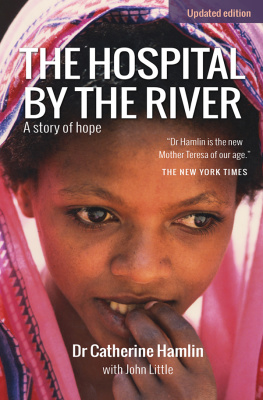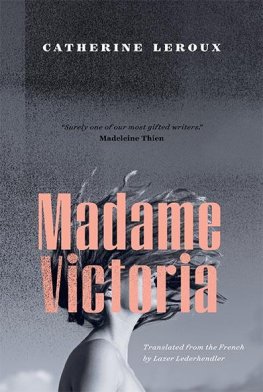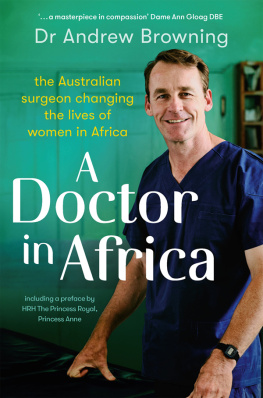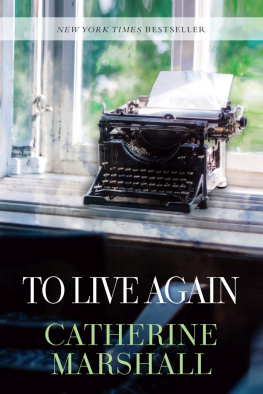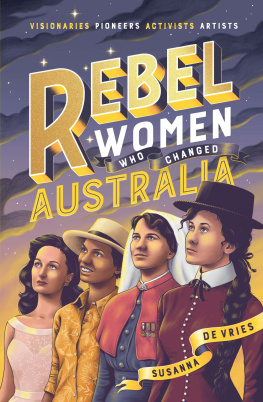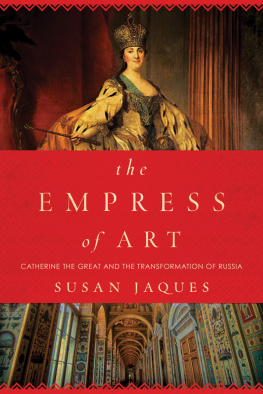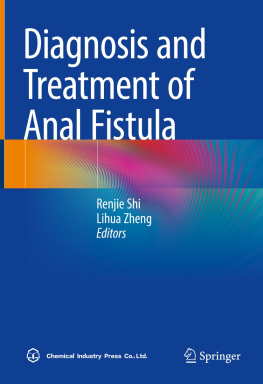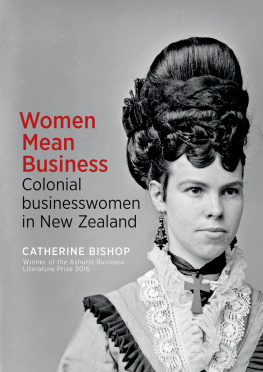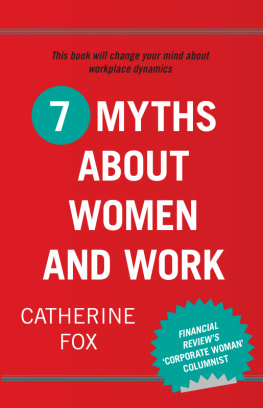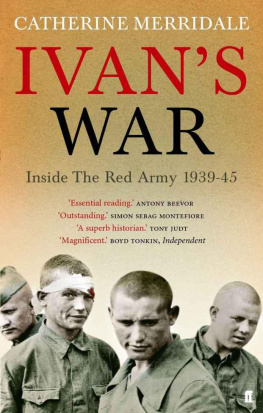The right of Dr Catherine Hamlin and John Little to be identified as the authors of this work has been asserted by them in accordance with the Copyright, Designs and Patents Act 1988.
All rights reserved. No part of this publication may be reproduced or transmitted in any form or by any means, electronic or mechanical, including photocopying, recording, or any information storage and retrieval system, without permission in writing from the publisher.
First published in Australia in 2001 by Pan Macmillan Australia Pty Ltd.
A catalogue record for this book is available from the British Library.
Whatever you did for one of the least of these brothers of mine, you did for me.
Prologue
I shall call her Enatanesh, a common name in Ethiopia. It is evening. She crouches by the fire burning in the centre of the hut, somewhere out in the country far from the nearest town, preparing food for her husband. Three cows, their entire wealth, stand and chew their cud quietly in the shadows. Outside the hyenas howl.
There is barely enough wat to feed them. Enatanesh and her husband break off pieces of injera which they use as a scoop. As ever Enatanesh takes the smaller portion, and when the meal is over they are both still hungry. They accept this as normal. A little hunger is better than starvation, which they have experienced all too often when famines ravage the countryside.
There is no light in the tukul except for the flames. They cannot afford a lamp. No furniture. The bed is a goatskin spread over a raised section of mud floor against one wall. There are a few blankets, old and threadbare, to keep out the bitter cold of the highland night. The flat clay plate for cooking injera, one or two cooking pots, some large clay jars for fetching water from the well half a kilometre away these are their possessions.
Enatanesh could be fourteen or fifteen, I have seen them younger, but lets say she is seventeen married for a year and pregnant with her first child.
After finishing the meal they do not stay up. They are exhausted from their long day working the little plot where they grow a few vegetables, perhaps some sugar cane and the tef for the injera. They have no books. They could not afford such things and, anyway, they are illiterate. There is no radio. Television is unheard of. They build up the fire, check the door to see that the cattle are secure, wrap themselves in their blankets and curl up on the mat to sleep.
In the middle of the night Enatanesh feels her first contractions. She welcomes them but she is also afraid. She knows that childbirth may not be easy. She has heard bad stories. She tries not to think about them and faces the coming ordeal with fortitude. For better or worse it must be endured, for she is a woman and without children she is nothing. She offers a prayer to Christos, the Jesus of the Ethiopian Orthodox Church, to make her labour an easy one.
As she finishes praying she is seized by another contraction which makes her cry out. Her husband mutters in his sleep and rolls over. She does not wake him. He would not welcome being disturbed when he has to be up at dawn. She knows this is something a woman must endure alone.
By morning the contractions are coming at closer intervals. Her husband lets out the cattle and drives them off for the day. Before he leaves he alerts his mother, who lives in the same compound, to come and stand by. The mother is experienced in these matters. She has had ten children of her own, four of them, by the grace of God, still alive. She tells her daughter-in-law to get out of bed and crouch. It will help the baby to be born. All that day Enatanesh squats, straining in agony, but the baby does not come.
Her husband is not an unkind man. That night when he comes in from the fields, he enquires after his wifes well-being. He does not put his arm around her or hold her hand. Such displays of affection would be inappropriate. Still, he is concerned, and his thoughts are for her.
The contractions continue throughout the night. Enatanesh lies in her blankets during the hours of darkness, but every time she drops off to sleep the relentless pain wakes her. Oh please, dear God, let the baby be born soon and give it life.
By morning she is very weak. Her mother-in-law gives her a sip of water and counsels her to squat once more. Her legs are stiff from hours of squatting the previous day, but somehow she manages to crawl out of the blankets and do as she is advised.
The day wears on. It seems the pain will never end. It is constant now. But the baby, obstinately, still does not want to be born. Around noon the wogesha comes. He looks grave and gives her a small drink of local medicine. But neither the untrained village doctor nor the mother-in-law can help.
On the morning of the third day the child inside her dies. Enatanesh knows it with certainty. Yet the contractions continue. Four days. Five. In the late afternoon of the sixth day she feels a change. The baby is coming. It is coming. Grimacing with effort, her eyes screwed tight, she pushes. And screams. And the child is expelled a dead little being who will never know the world. A tear trickles down Enataneshs cheek. She rolls herself in her blankets and sleeps the sleep of utter exhaustion.
Late next morning she wakes. But what has happened? The bed is wet and smelling. With alarm she sees that she is lying in urine. Her first instinct is to hide the shame. Perhaps if she keeps absolutely still, with her legs together, whatever has happened inside her will heal before her husband comes home. She pulls her knees up and lies on her side. She prays to God to make her whole.
But there is no hiding her condition. Usually the tukul is fresh with the smell of burning eucalyptus leaves, but now there is another smell and it is offensive. Despite the difficulty of keeping herself clean, the sorrow of losing her baby and the shame of her condition, she tries to be brave, to greet her husband with a smile and prepare his meals. But it is no use. She is ill, weak and wretched. Soon he moves out.
The long, obstructed labour has left Enatanesh with terrible internal injuries. She stays like this, forlorn and alone for months. Or years. Or a lifetime. She is fit only for work in the fields. The village women shun her. She is abandoned to her shame.
Sometimes in her unhappiness Enatanesh asks, Why has this happened? She believes she is cursed by God for some misdemeanour, and that only a miracle can cure her. She is unaware that far away in Addis Ababa, the capital, there is a place where healing is possible.

